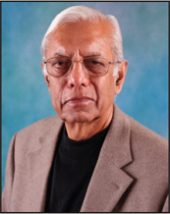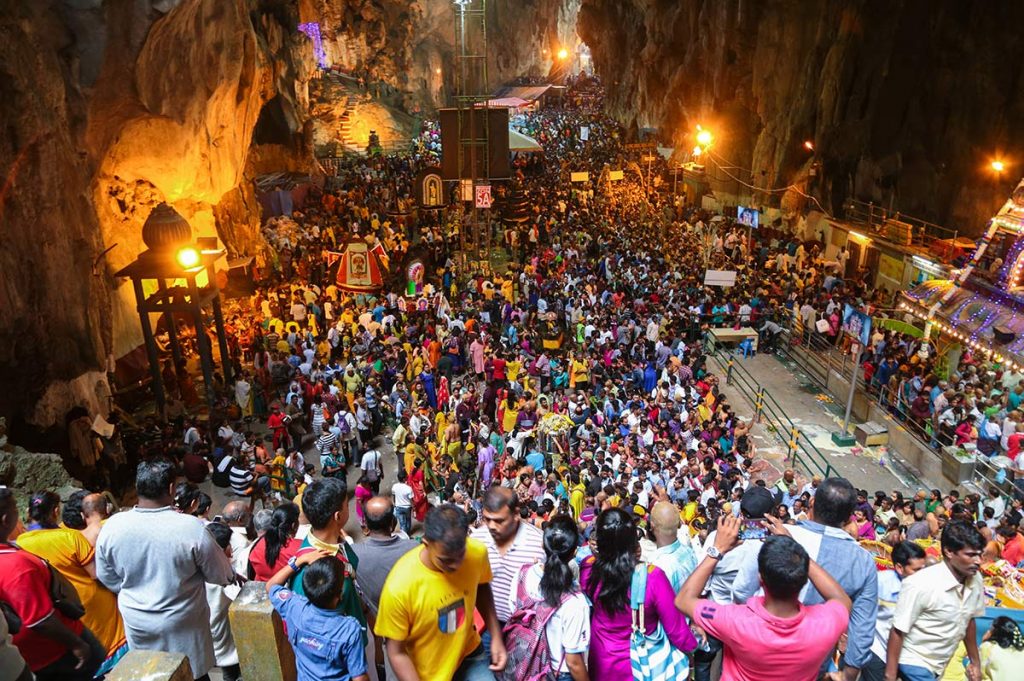Hinduism’s commitment to remain open and adaptable will long be one of its greatest strengths
BY DR. HIRO BADLANI

Hinduism is regarded as the oldest living religion of the world. Even so, it has remained dynamic. As the American philosopher J. B. Pratt has aptly stated: “The reason for the immortality of the Vedic religion of Hinduism is that while retaining its spiritual identity, it has been changing its outward form in accordance with the demands of the time.”
This vibrant character is also the reason for Hinduism’s survival through millennia, while most other ancient religions have perished. Importantly, these changes have taken place in a subtle manner, without serious protest and bloodshed. For, in Hindu culture the old are revered and not openly defied and antagonized. This allows for old philosophies, rituals and customs to be sustained, even alongside new ones, leaving individuals to decide for themselves how they wish to practice. Thus the religion evolves peacefully. For example, it is not uncommon in a Hindu family for members to worship different Deities and have different rituals and religious practices.
It is imperative to realize that Hinduism was not started by one single founder. It is rather a conglomerate of the spiritual wisdom of many ethnic tribes that have inhabited the Indian subcontinent and elsewhere. Thus it has had a pluralistic foundation from the beginning. In accommodating the opinions and beliefs of many, it is also non-dogmatic and unbiased. Hinduism’s spiritual leaders and rishis have repeatedly prompted us to maintain harmony and peace, and to look at all beings as creatures of one divine family. In the earliest of the Hindu scriptures, the Rig Veda, one can find the foremost principle of “Truth is One, paths are many.” With this eternal principle in mind, at no time has any Hindu religious leader ever claimed that Hinduism is the only way to salvation or God-Realization.
In the Hindu faith, there are no overarching, set parameters, no fixed rules. Hinduism is a vastly liberal religion. In fact, it openly and fervently encourages and tolerates differences of opinion, use of discretion, and interpretation based on one’s own circumstances and perceptions. At the same time, there are strong ethical principles and rituals that characterize this religion. The great Vedas and Upanishads affirm these spiritual principles in an organized compilation. Belief in the authority of these ancient scriptures is one of the chief prerequisites of Hinduism.
Hinduism does not have only one scripture as the sole authority; rather, there have been innumerable scriptures, each depicting its different ideas and viewpoints. This free flow of spiritual literature from early times provided an abundant scope with which Hinduism could change and modify itself, thus keeping up with times, circumstances, and with people’s individual aptitudes. Yet, the essential principles of the Vedas and Upanishads remained untouched. Different ethnic races and tribal groups that amalgamated toward the Hindu religion were able to retain their individual identity to a considerable extent. This openness and freedom of thought has remained an anchor for Hinduism over millennia and has contributed immensely toward its evolution.
In recent times, Swami Vivekananda and many other Hindu leaders have faced countless difficulties while working in foreign lands. They’ve dealt with these challenges courageously. They’ve negotiated in a soft manner, made big changes in their own systems, adopted major reforms in their worship centers and generally accommodated to the needs of their time and place. They have stuck to the age-old Hindu ethos of avoiding direct confrontation and have instead chosen tact, humility, compassion and goodwill. Such attitudes have yielded great rewards and are an important example to us all.
DR. HIRO BADLANI, 85, has dedicated his last 20 years to learning and writing about Hinduism, and authored Hinduism: An Evolutionary Religion. See: hinduismpath.com
